Ariane Kirkpatrick is the CEO of Harvest Grows, Harvest of Ohio, and Harvest Processing. She’s the only Black woman in Ohio that is vertically integrated in the industry, with licenses to grow, dispense and sell medical cannabis. Licenses for cannabis cultivation, dispensary and processing are for operations in Ironton, Beavercreek, Columbus, and Athens, Ohio. Harvest of Ohio has 75 employees, which is on track with her plan to provide jobs and create economic development opportunities for others.
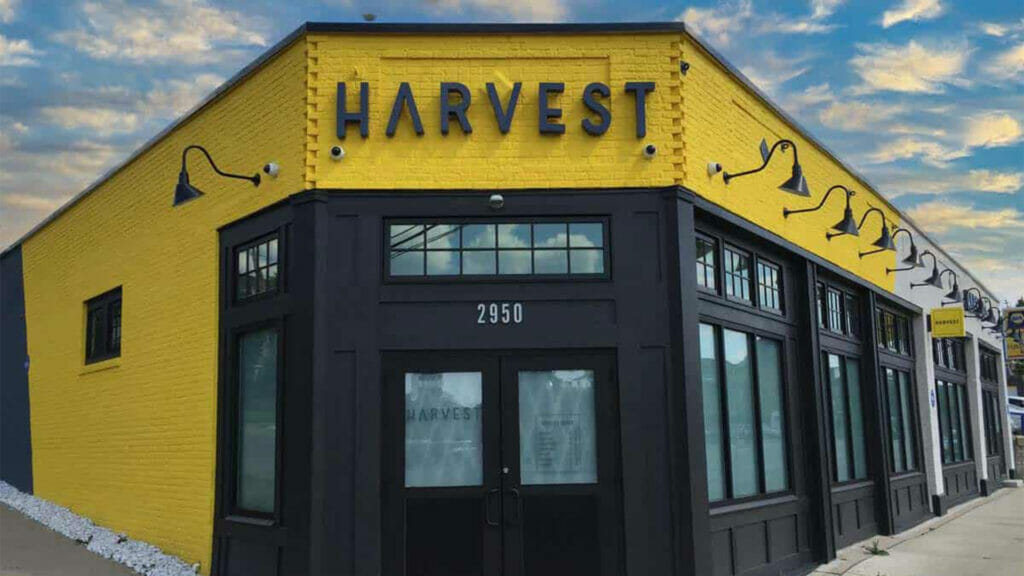
After finally getting started in growing, selling, and dispensing cannabis, what are you most excited about for 2022?
Our first dispensary opened in September in Columbus. The Athens and Beavercreek locations opened in the fall. Cultivation started in July. We just turned our first harvest in February and our product was introduced to our locations for a pilot launch. The reviews were amazing. Another milestone is the final inspection and approval for our processing license. We now say that we are officially vertically integrated.
I’m looking forward to growing the business this year because we have a strong team.
The cannabis industry is reportedly creating jobs at a faster rate than any other industry in the United States, even during Covid. What’s been your experience in finding good employees?
Our retention rate has been really good. We have almost 75 employees and over 50 percent of them are minorities. We’re really intentional about our diversity and inclusion initiatives. Our executive leadership team is about 80 percent black. I’m very happy about that because unfortunately many black and brown folks are not getting opportunities in this industry.
And unfortunately, too many black and brown people have been charged with criminal cases involving marijuana and dealt with trumped-up charges. Look at what’s happening now to WNBA player Brittney Griner. It’s an outrage. Marijuana use is about equal with Blacks and whites and yet Blacks are nearly four times as likely to be arrested for marijuana possession.
As for hiring people in this industry, first and foremost on our minds is the economic impact. You don’t see folks who look like us working in stores or in decision-making positions. Like my sister, Amonica said, it’s not until you’re in a position of power that you can make a difference.
At Harvest of Ohio we turn dreams into realities.
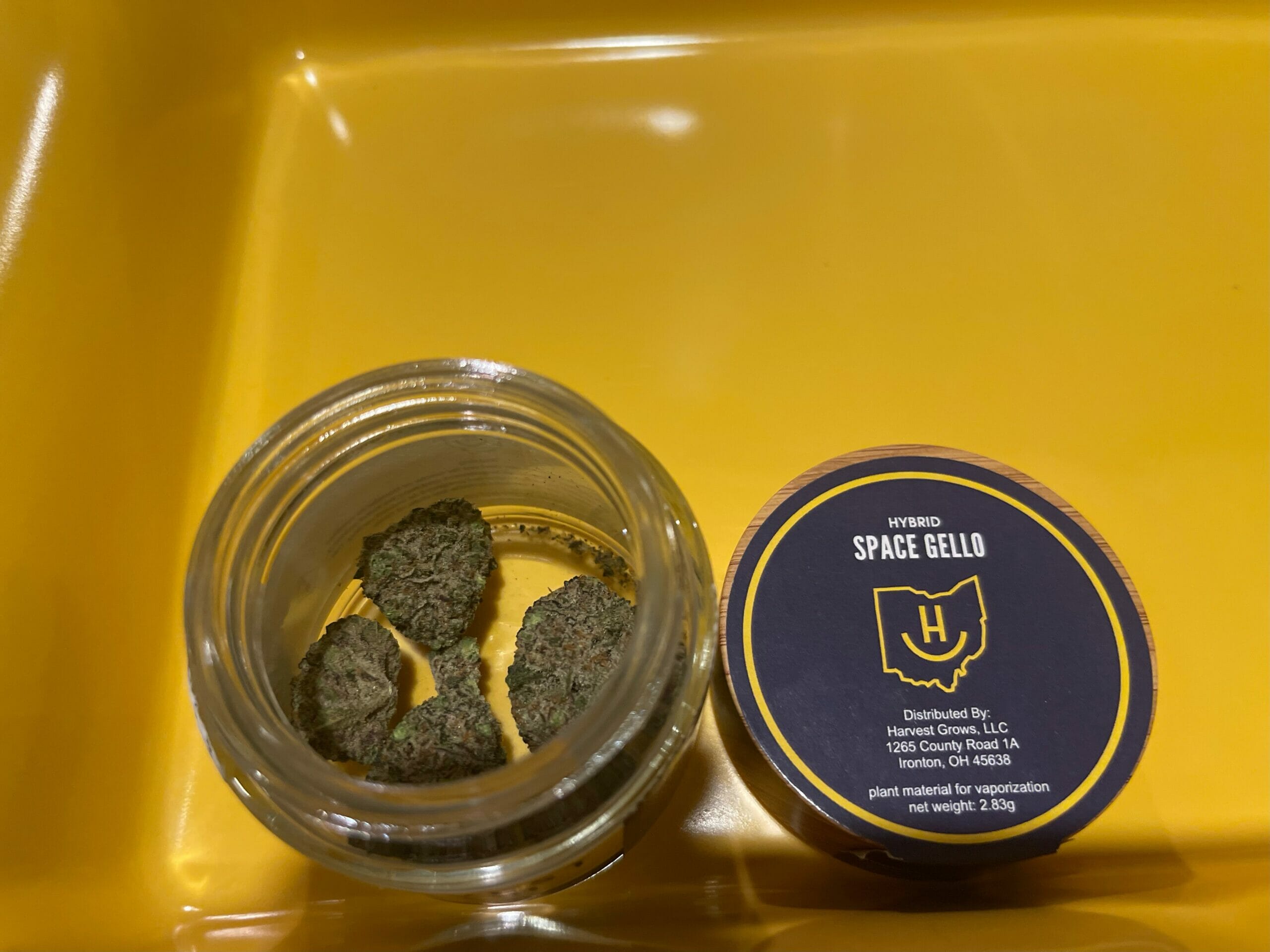
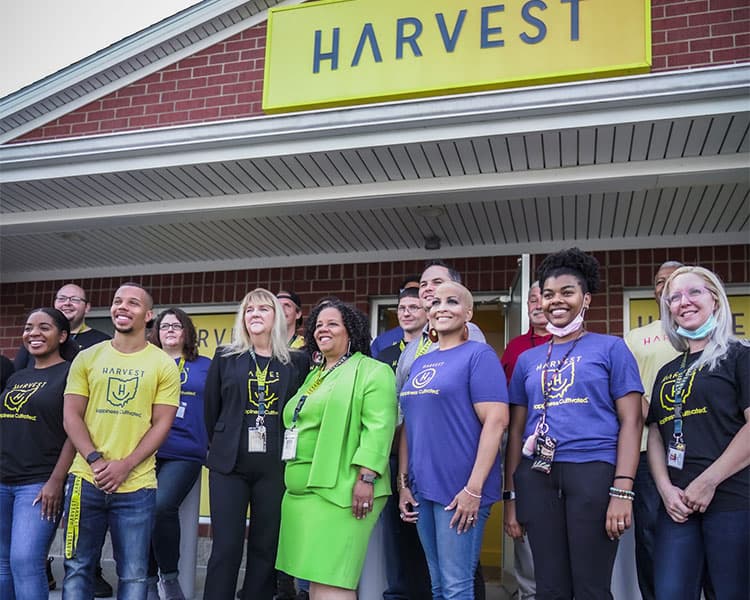
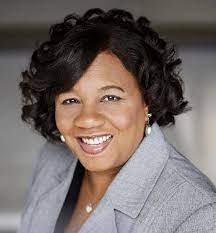
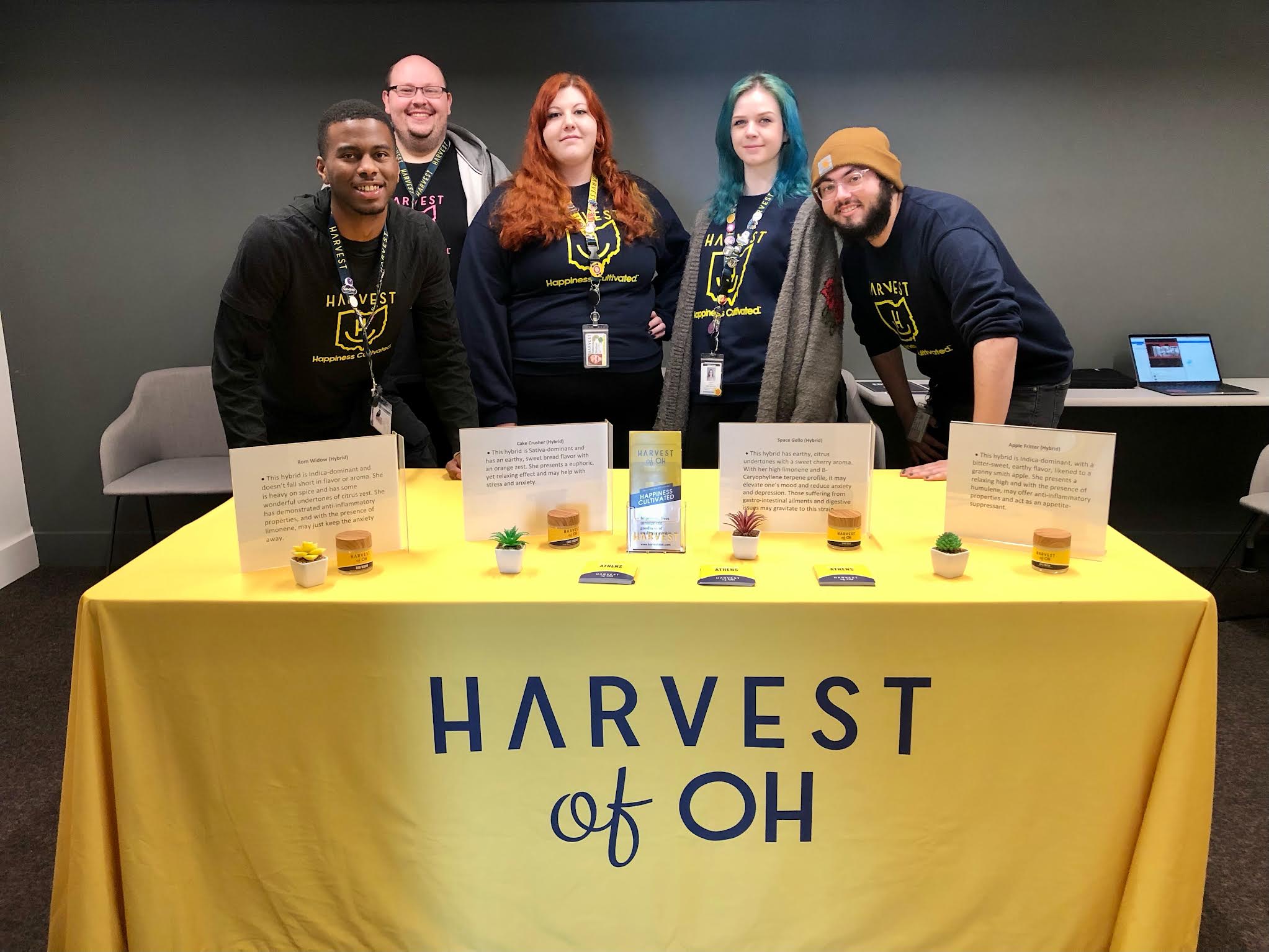
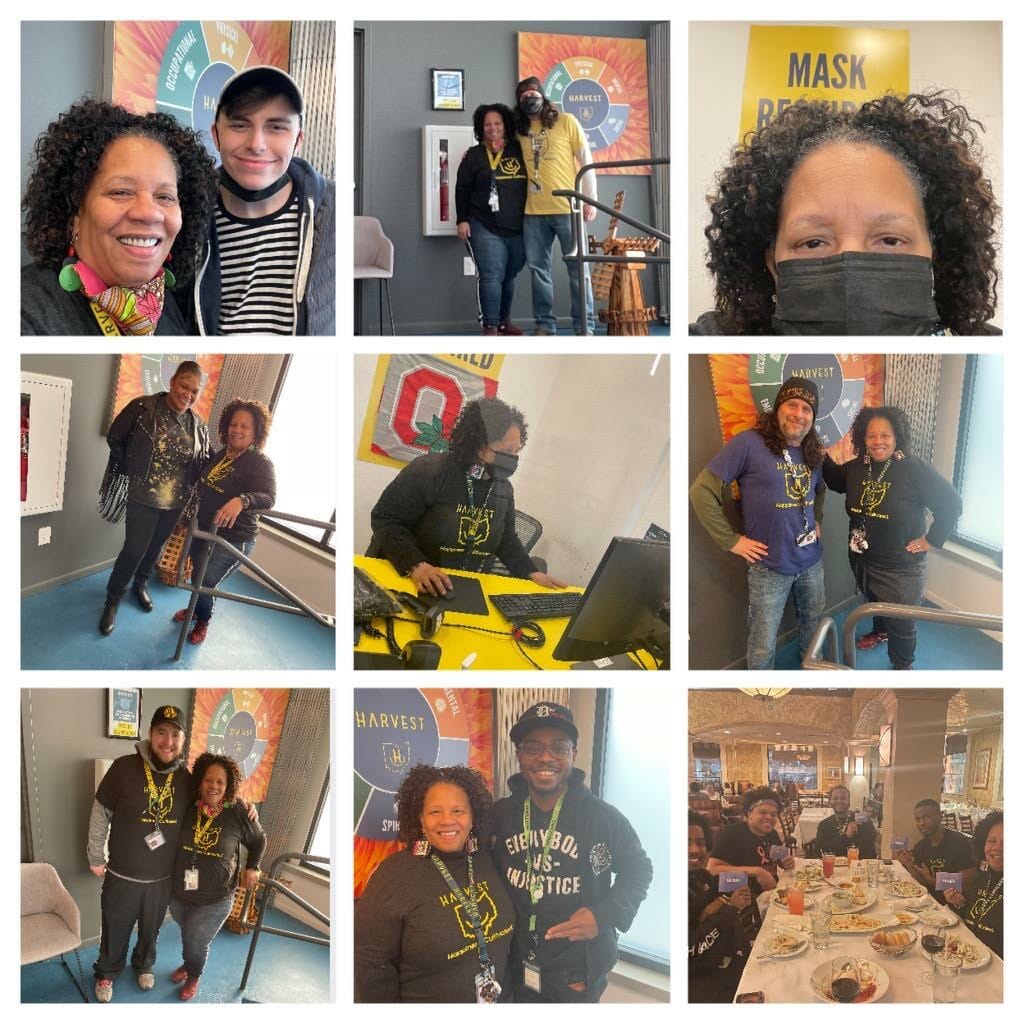
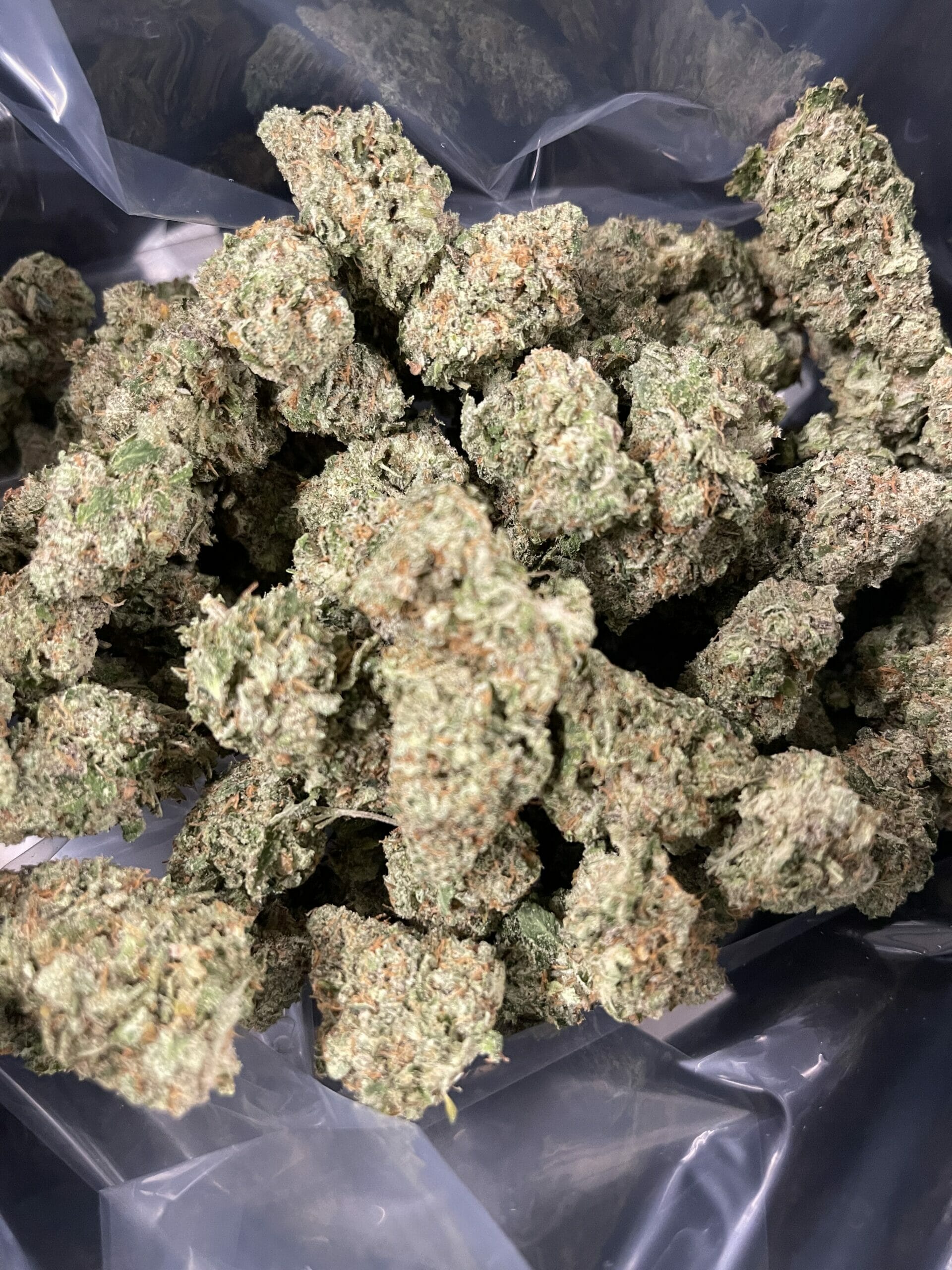
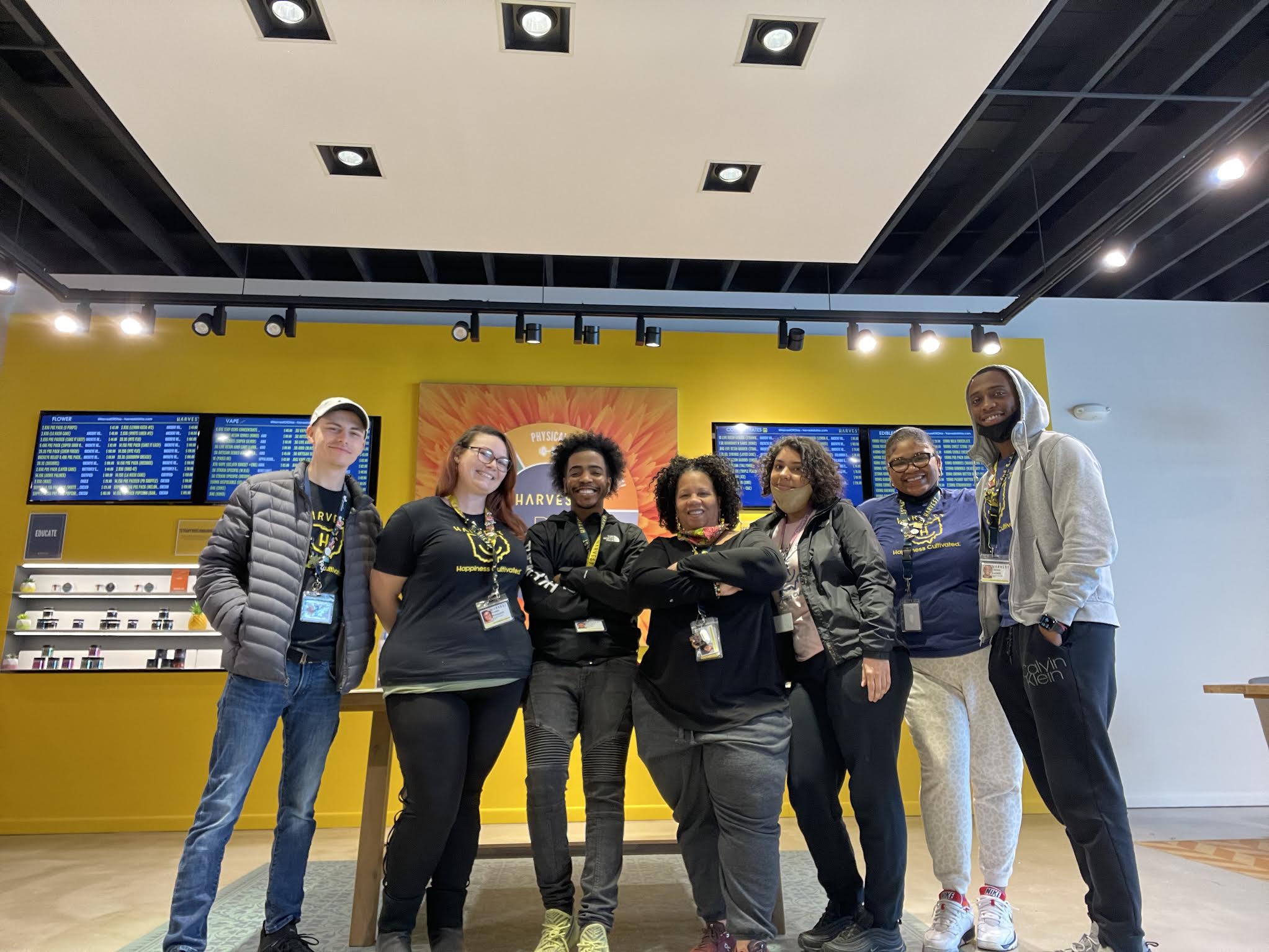
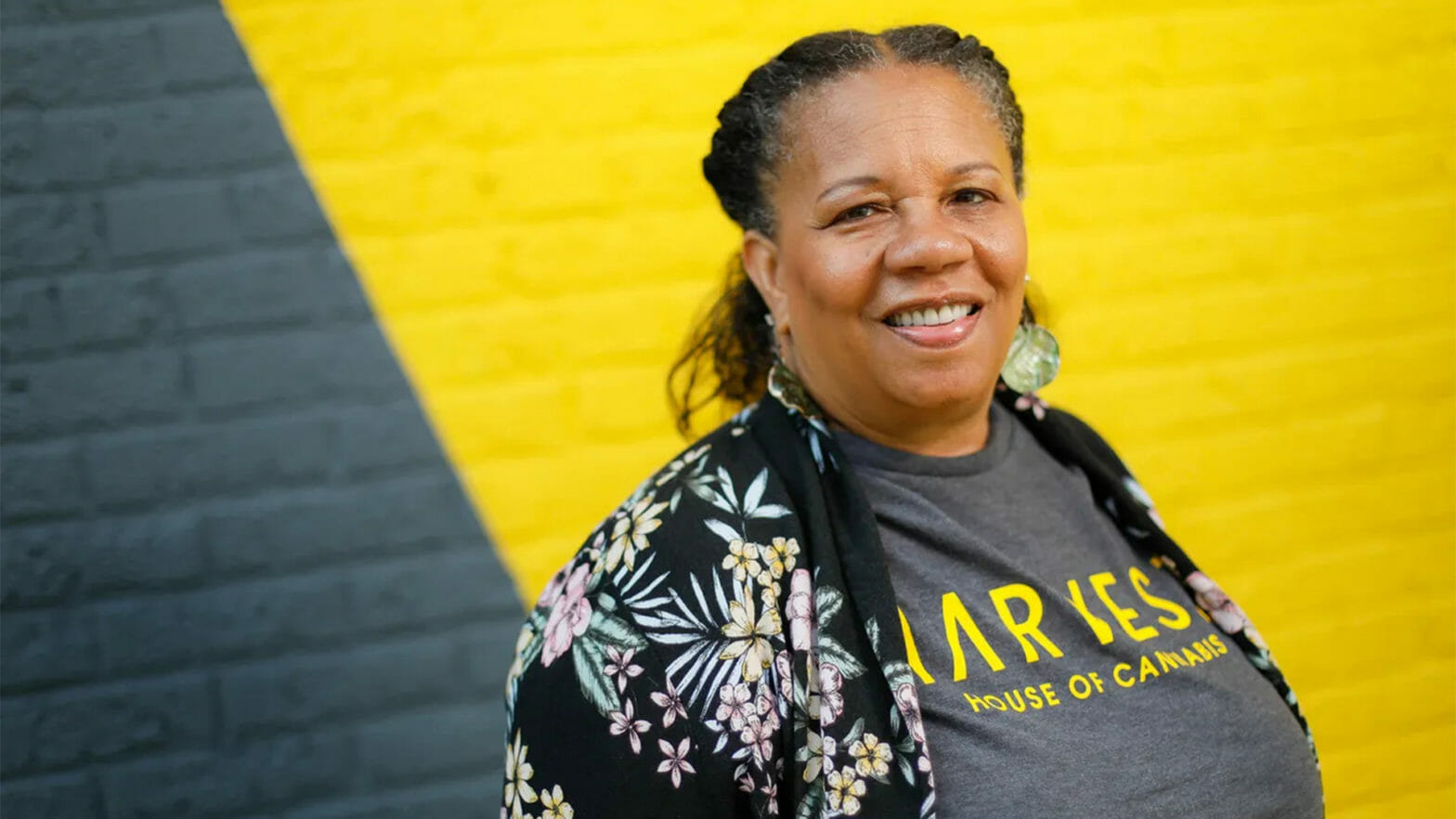
Any lesson that you’ve learned in running a construction company for more than a decade that has helped you in the cannabis industry?
I transferred many of my business practices in construction over to my cannabis businesses. I’m learning about a different product, and about restrictions with branding and marketing, and other challenges, but I wouldn’t have been able to do this without my construction company. I credit a lot of my background in business for where I am now, and not just in running businesses in different fields. For instance, I learned a ton in the 2015 Goldman Sachs 10,000 Small Businesses program. It prepared me to deal with acquisitions, business practices, HR, logistics and risk management. I’m bringing all of those experiences to the cannabis industry.
Have you found mentors or supporters in cannabis?
Yes. It’s a close-knit community in cannabis. Roz McCarthy has been a great resource. She’s the founder and CEO of Minorities for Medical Marijuana and recently launched her Black Buddha product. We are excited to collaborate with her on this venture.
Legal people in the business have been helpful. Bill Williams from Beneleaves has been great. Andy Rayburn at Buckeye Relief and Adam Thomarios, at Klutch Cannibas are both CEOs, who have checked in on me for the last three years. I wasn’t sure about the support that I might receive. I felt like I was on an island on my own. But Andy and Adam checked in on me for the last few years. They always sent me notes letting me know that they were thinking about me and keeping me inspired. They were pretty supportive.
For many Black Americans – who are close to four times as likely to be arrested for cannabis as white people – getting into the cannabis industry is out of reach. Do you feel extra pressure to succeed?
Most definitely. I feel like some people are waiting for us to fail, or waiting to buy us out, or didn’t think we’d get this far. For way too long I’ve felt like I’ve had the weight of the world on my shoulders. I’m ready to move pass that point where I don’t feel threats of someone not letting us move forward.
It’s taken way too long to get to this point. It was a rocky start for us, because of the way the partnership formed with the affiliation of Harvest that sold to Trulieve. There were too many blurred lines. It took almost four years to get to where we are now. It was three years, six months and 25 days.
The further we get into this industry we love it. We’re enjoying learning more about the product. I’ve been so ingrained in the business and legal side of it, that I’m finally able to enjoy being a part of this industry.
We are a family-owned and operated business. Recently we came across some financial challenges right before harvest and everyone in the family came together and took turns going to the cultivation site and learned how to trim. It actually went beyond the family but to our Harvest of OH team. Many of our employees have really become a part of our extended family and are so supportive. They have bought into the dream of what we are trying to grow – figuratively and literally.
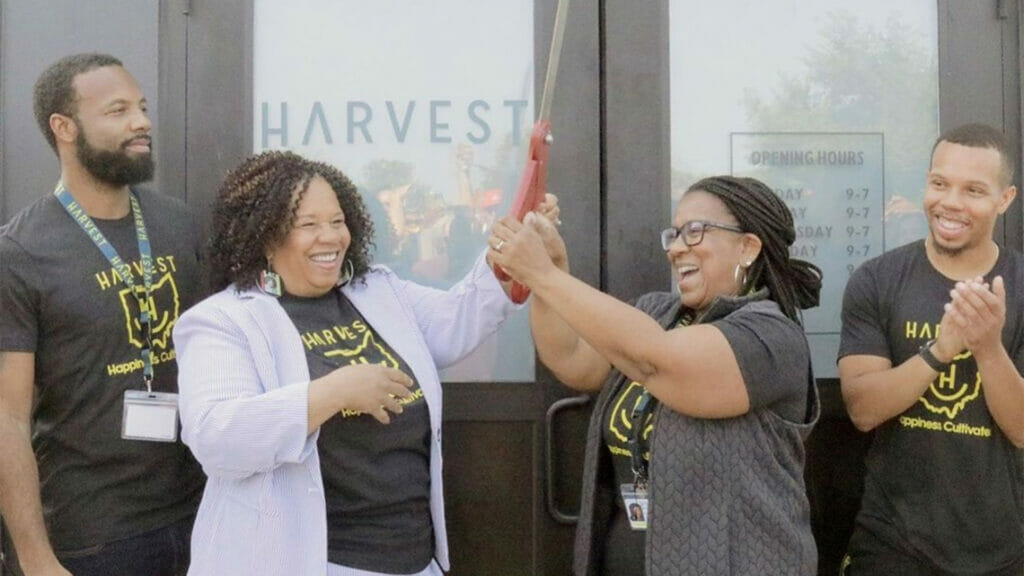
You’ve got three licenses in very different parts of the cannabis industry, What’s your biggest mistake so far in getting into the cannabis industry?
My biggest mistake was losing confidence in my business savviness, and being too trusting – not really paying attention to all of my legal documents.
Being a woman of color in this space has certainly posed challenges, but how have you chosen to use adversity as fuel for growth and inspiration to catalyze change?
Most of the adversity I’ve faced, as in 99.9 percent of the adversity I’ve experienced, has been because I’m a black female. I’ve had to deal with things like someone writing the word, “nigger” on one of our dispensaries. I’ve had people who didn’t win licenses call me and basically threaten me. I’ve been grilled by the legal establishment with so many court dates. I’ve been called a fraud. I’ve had to pay exorbitant fees, as in $500,000 to a state database as part of a settlement that resolves questions officials had about the company’s ownership.
It’s been exhausting, but I’ve learned a lot. But from growing up, I’ve always known that we have to work hard and do better, just to compete. Isn’t that the black mantra?
I’m excited about the future now though, mainly because I have a great team, that includes family members.
